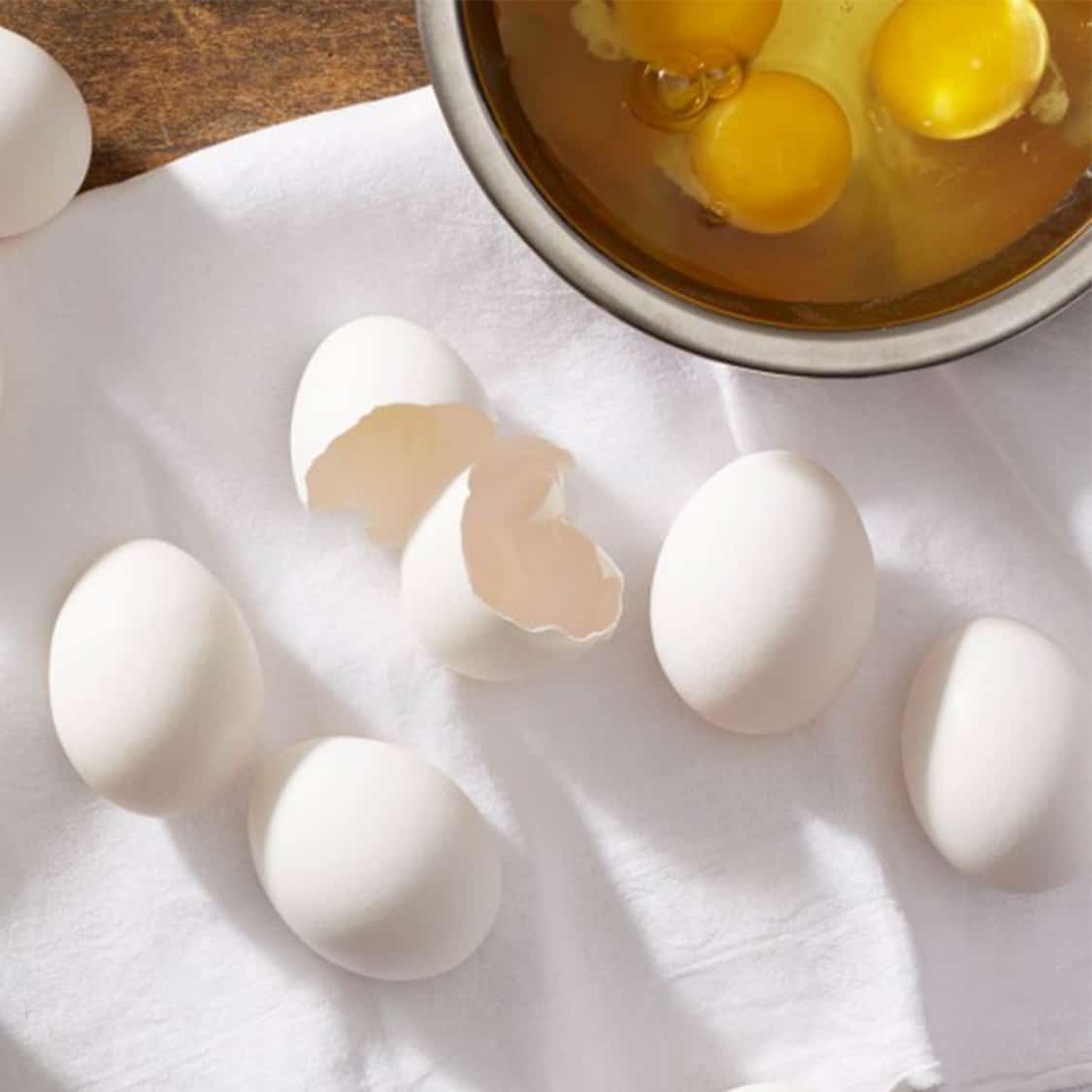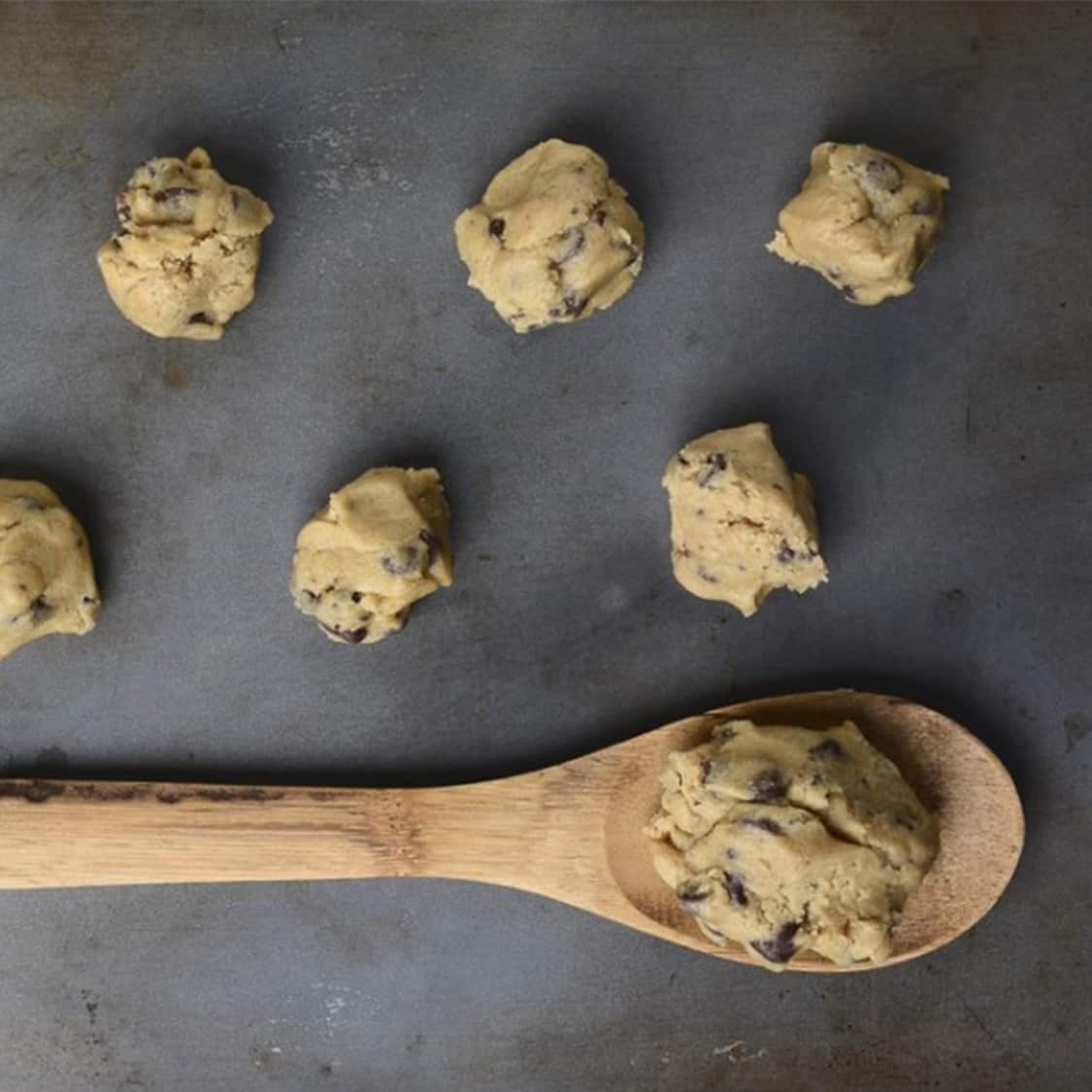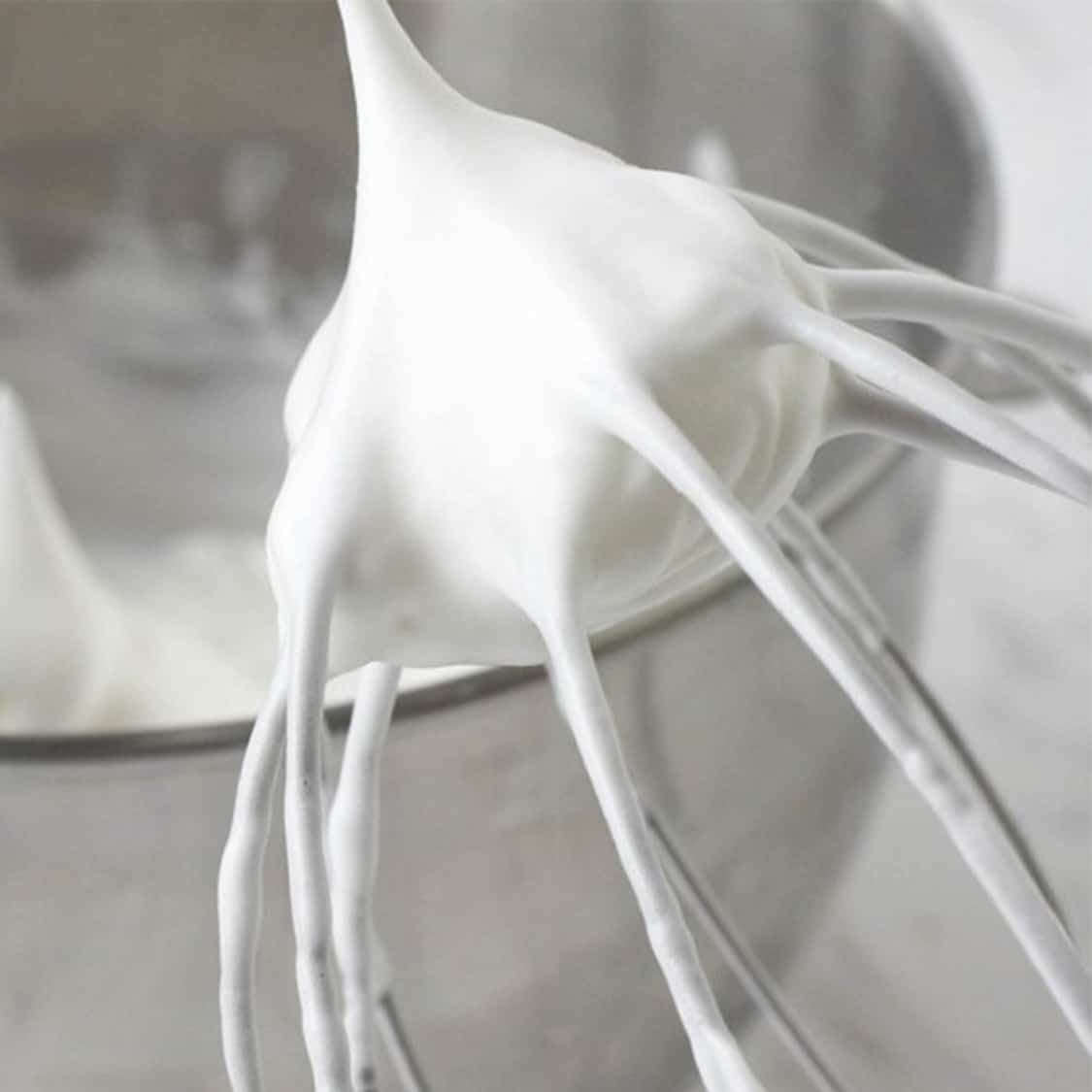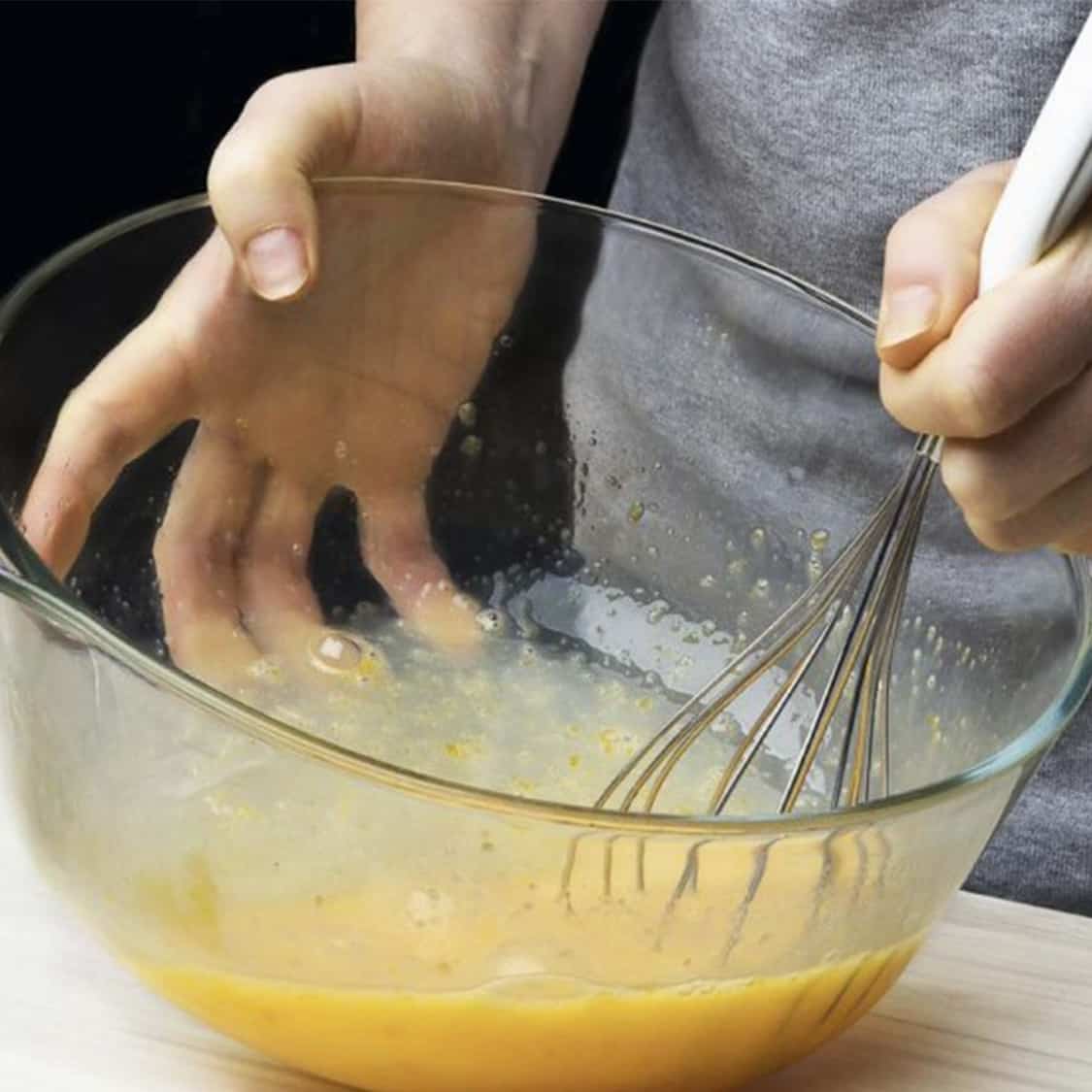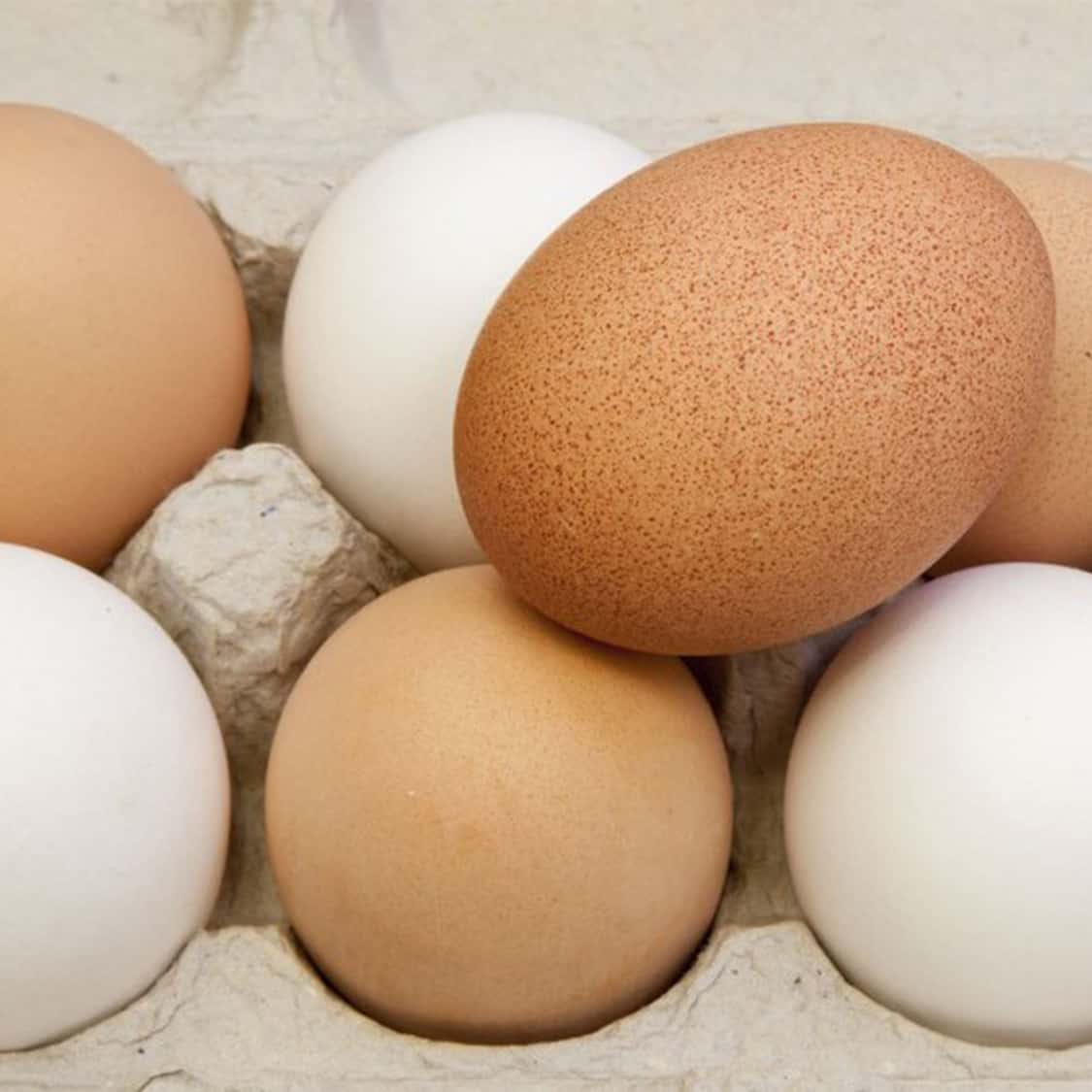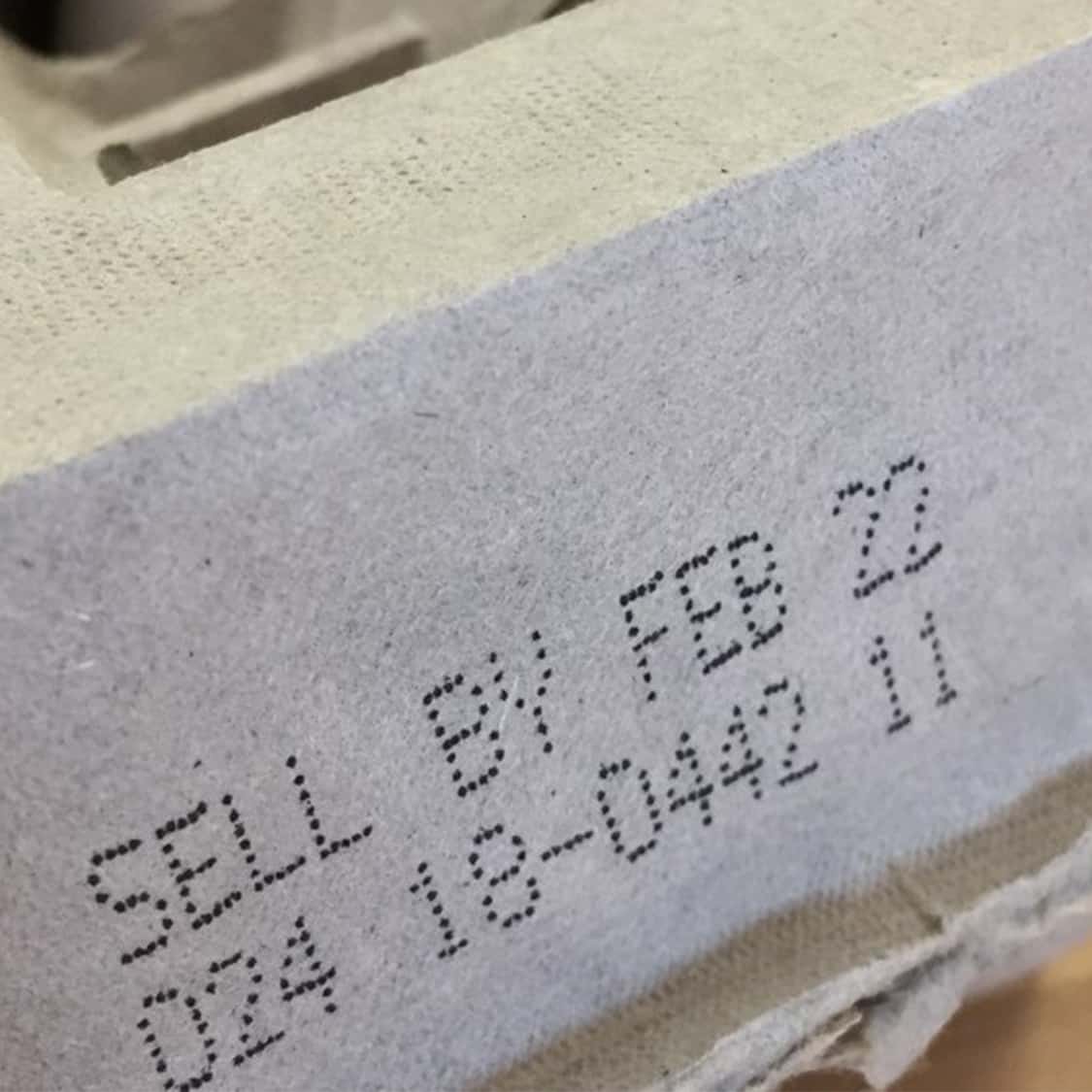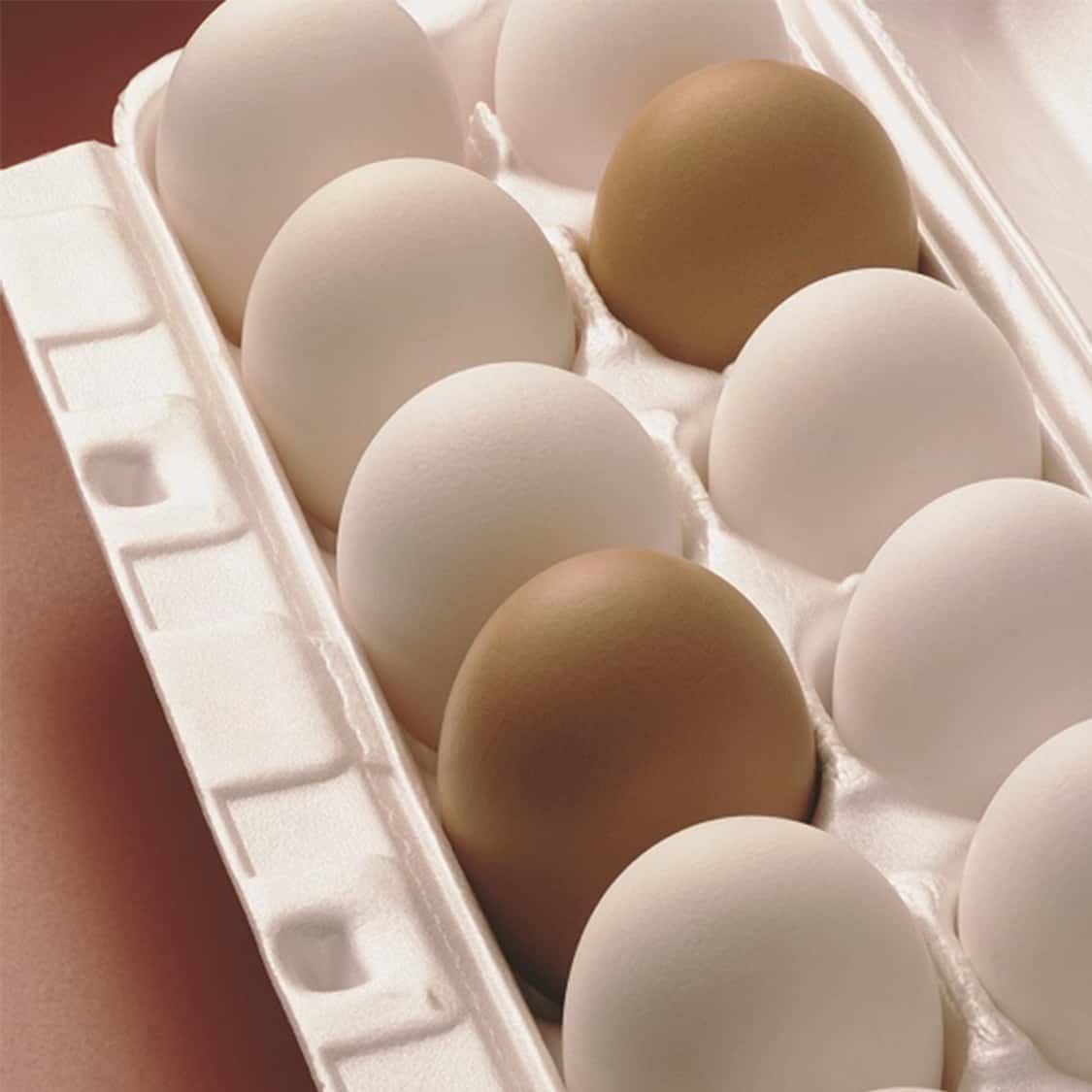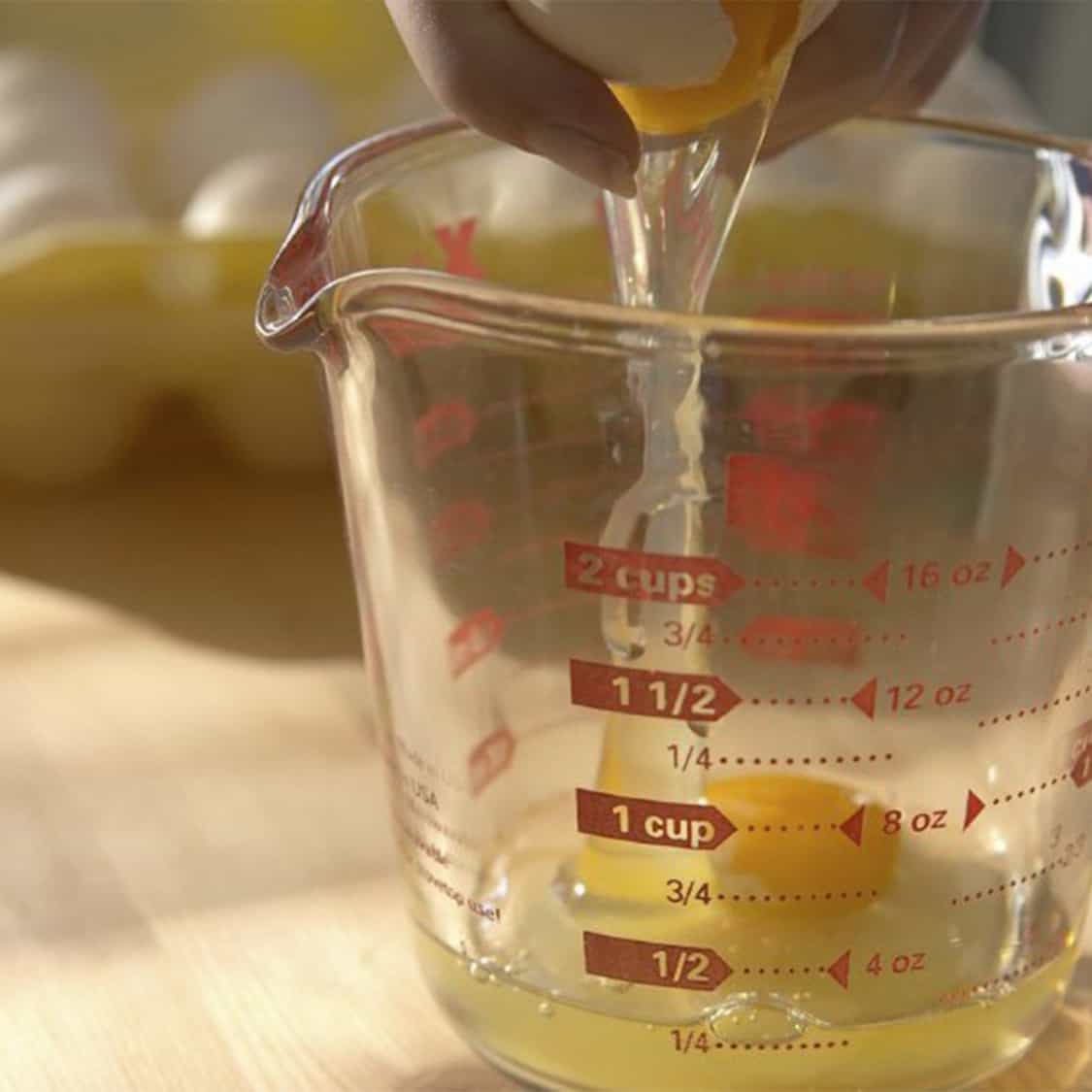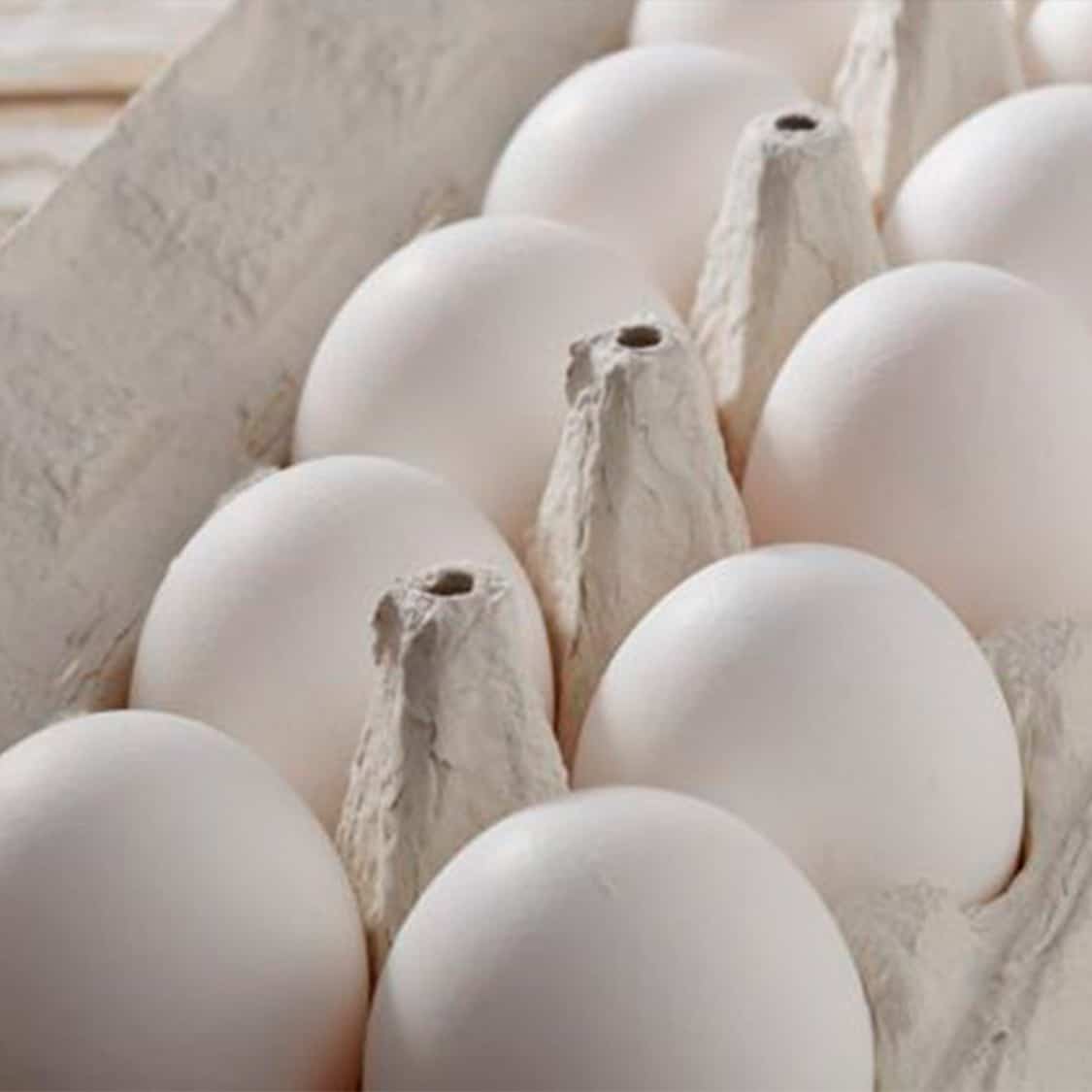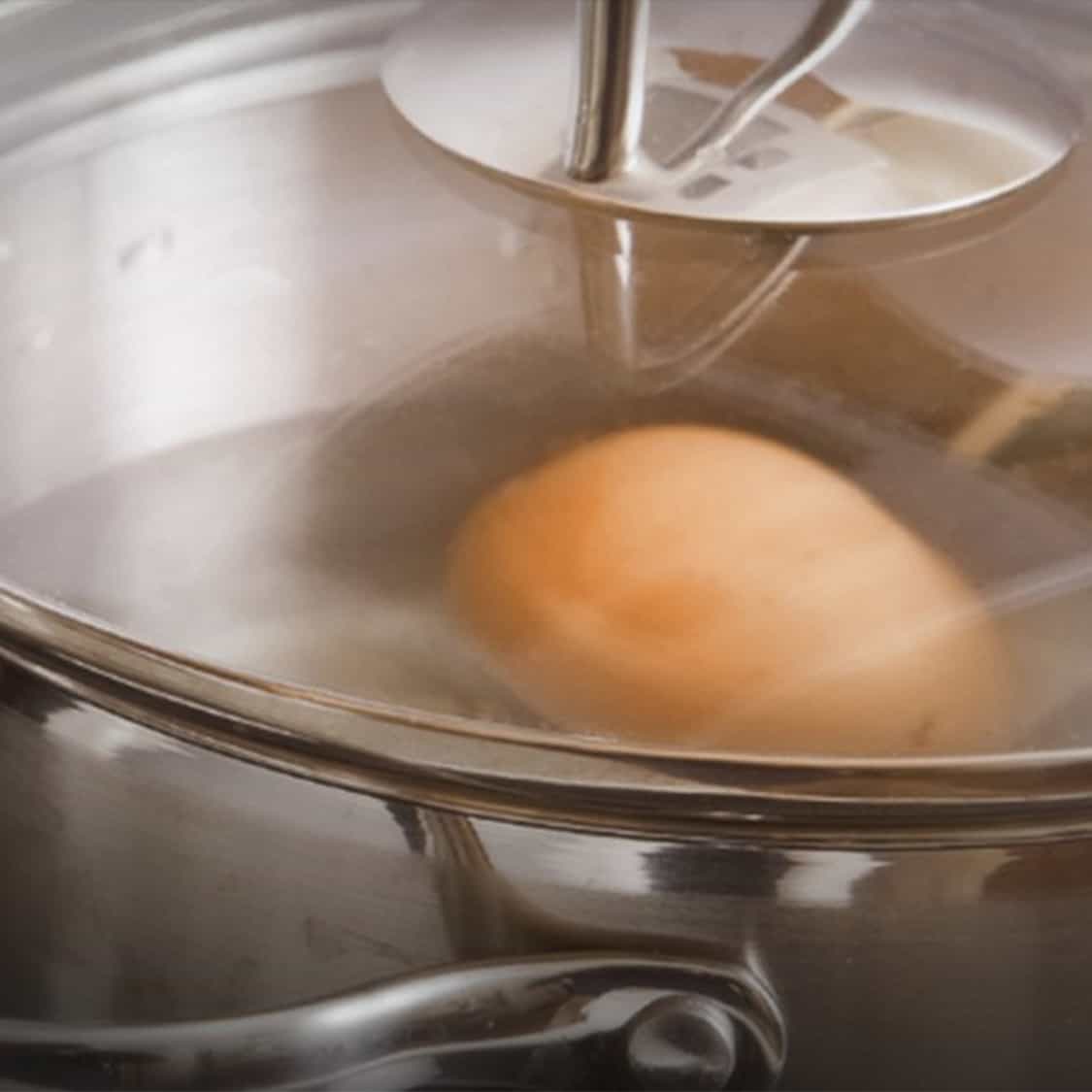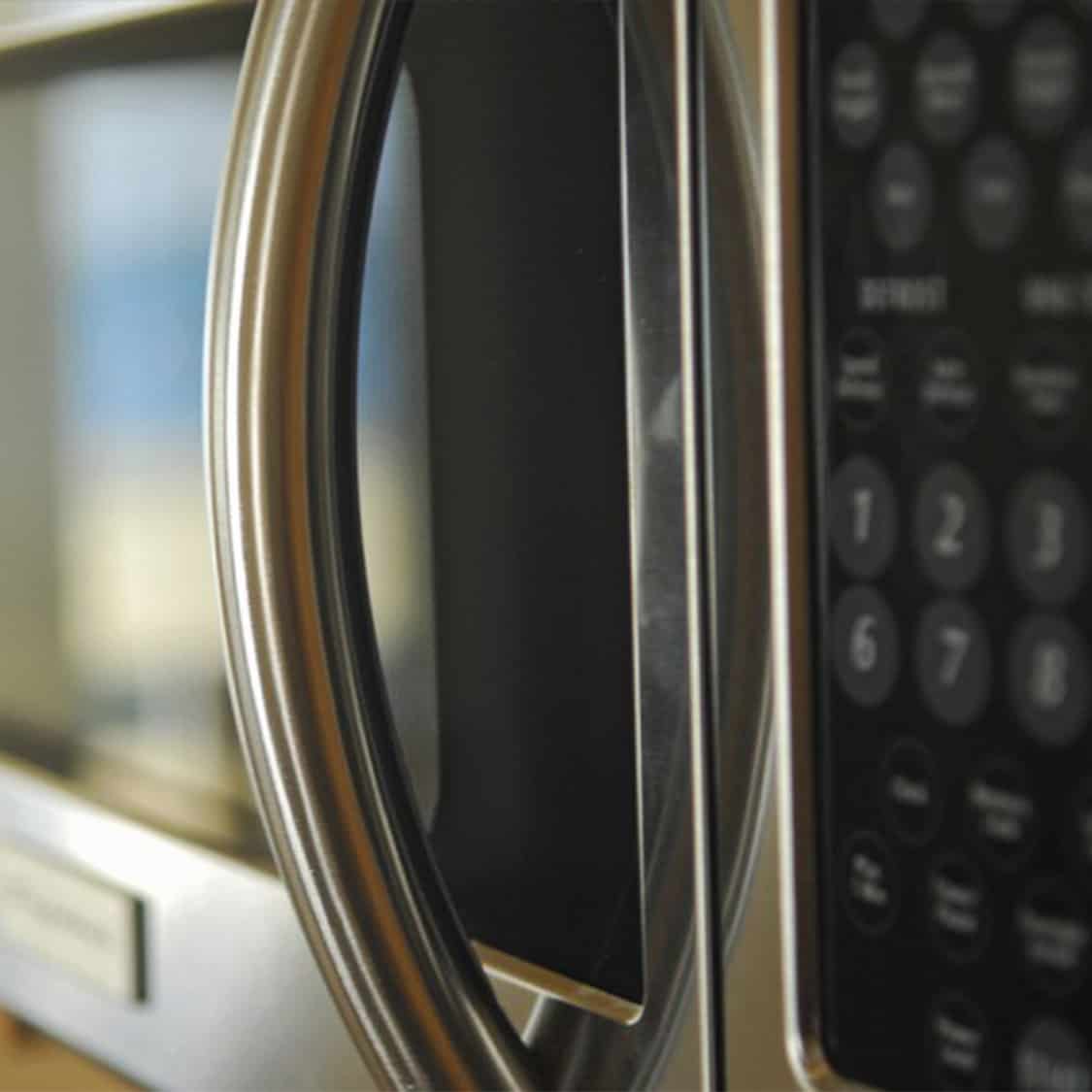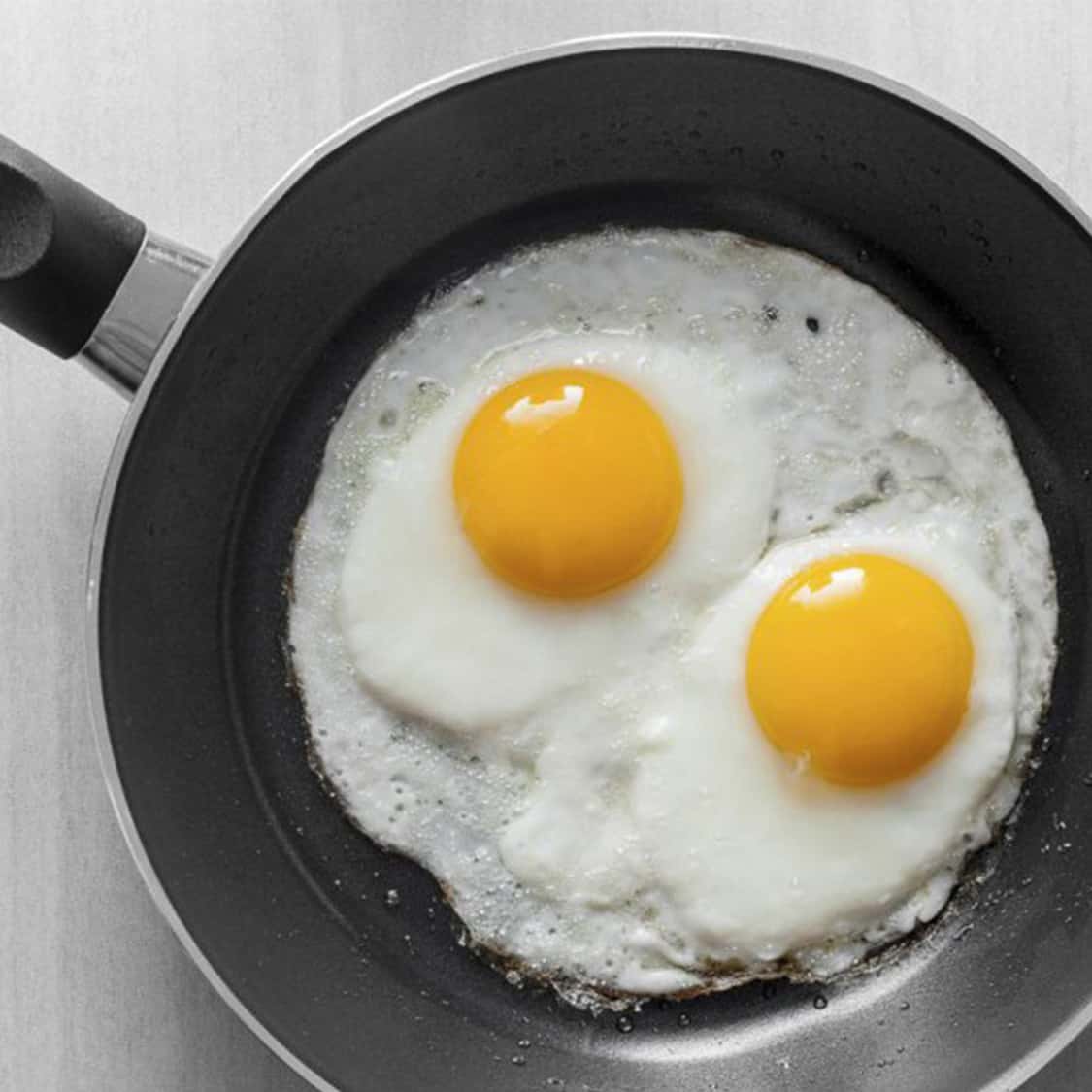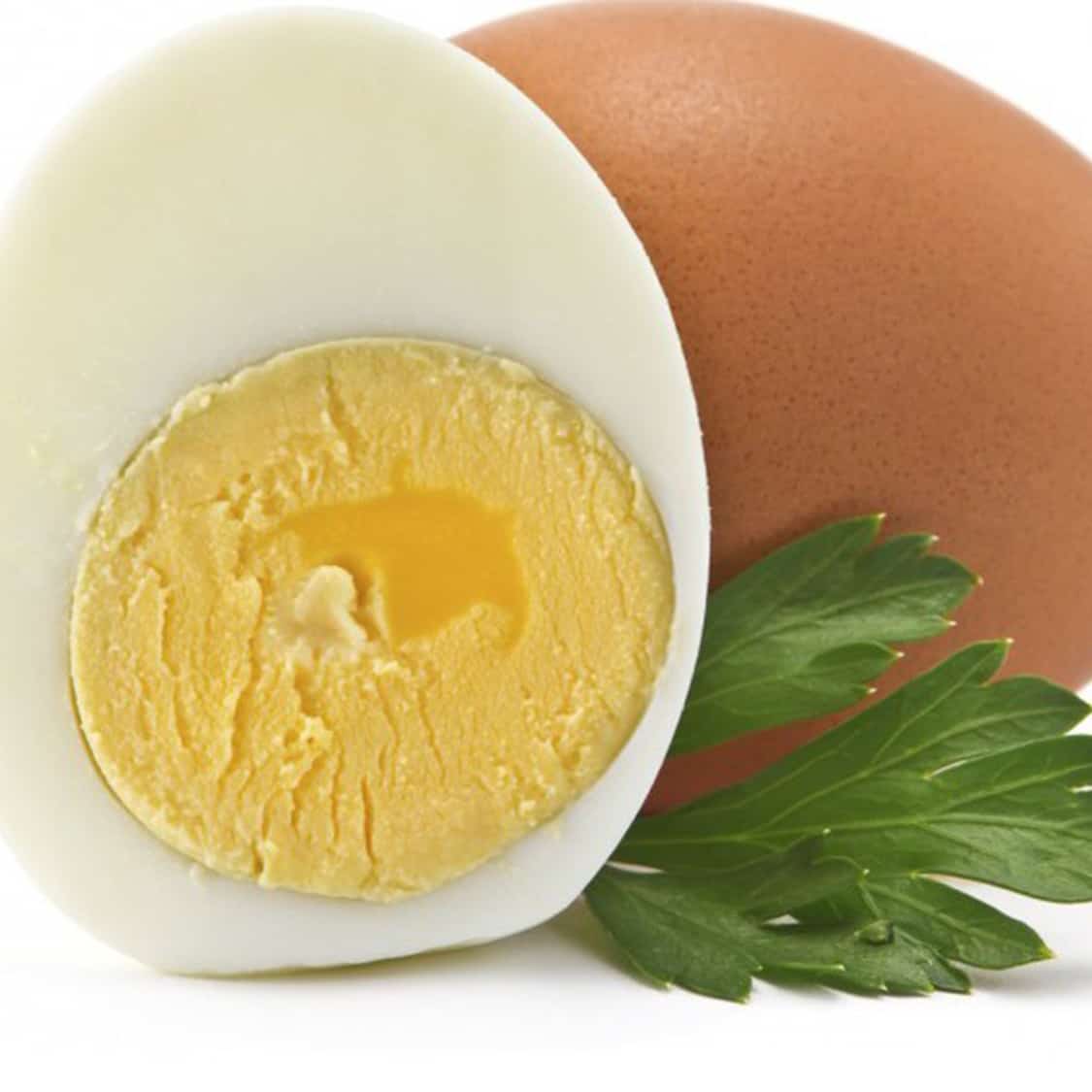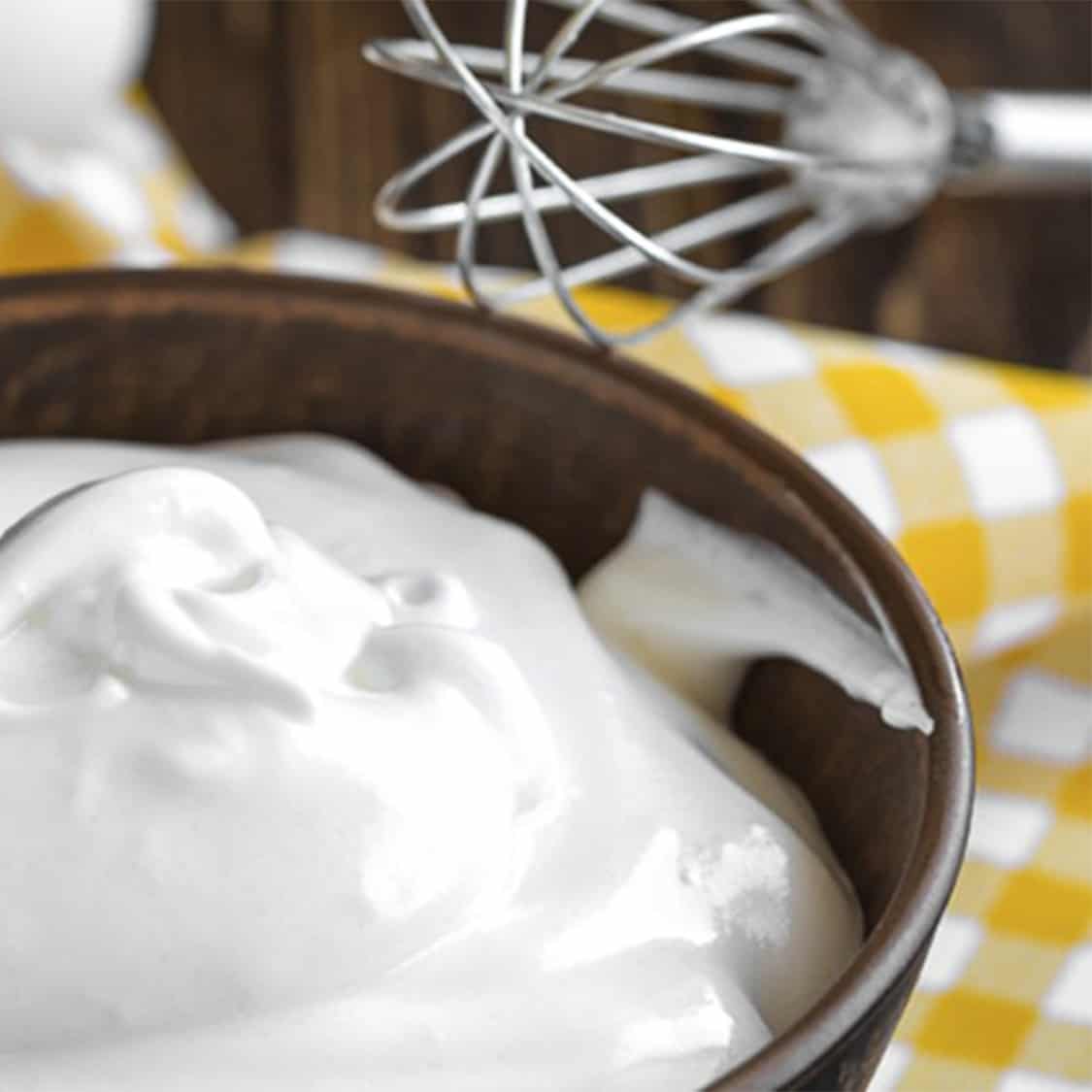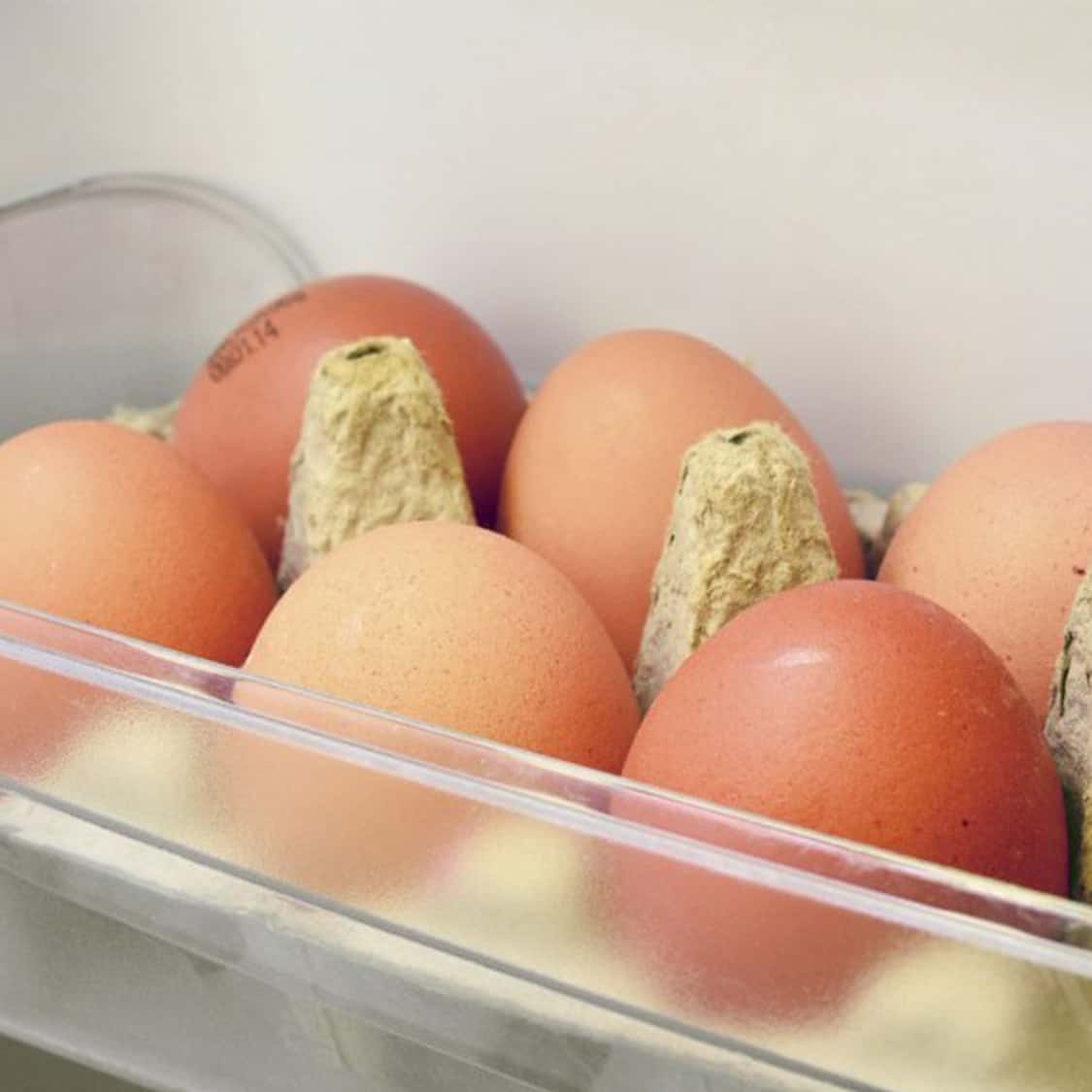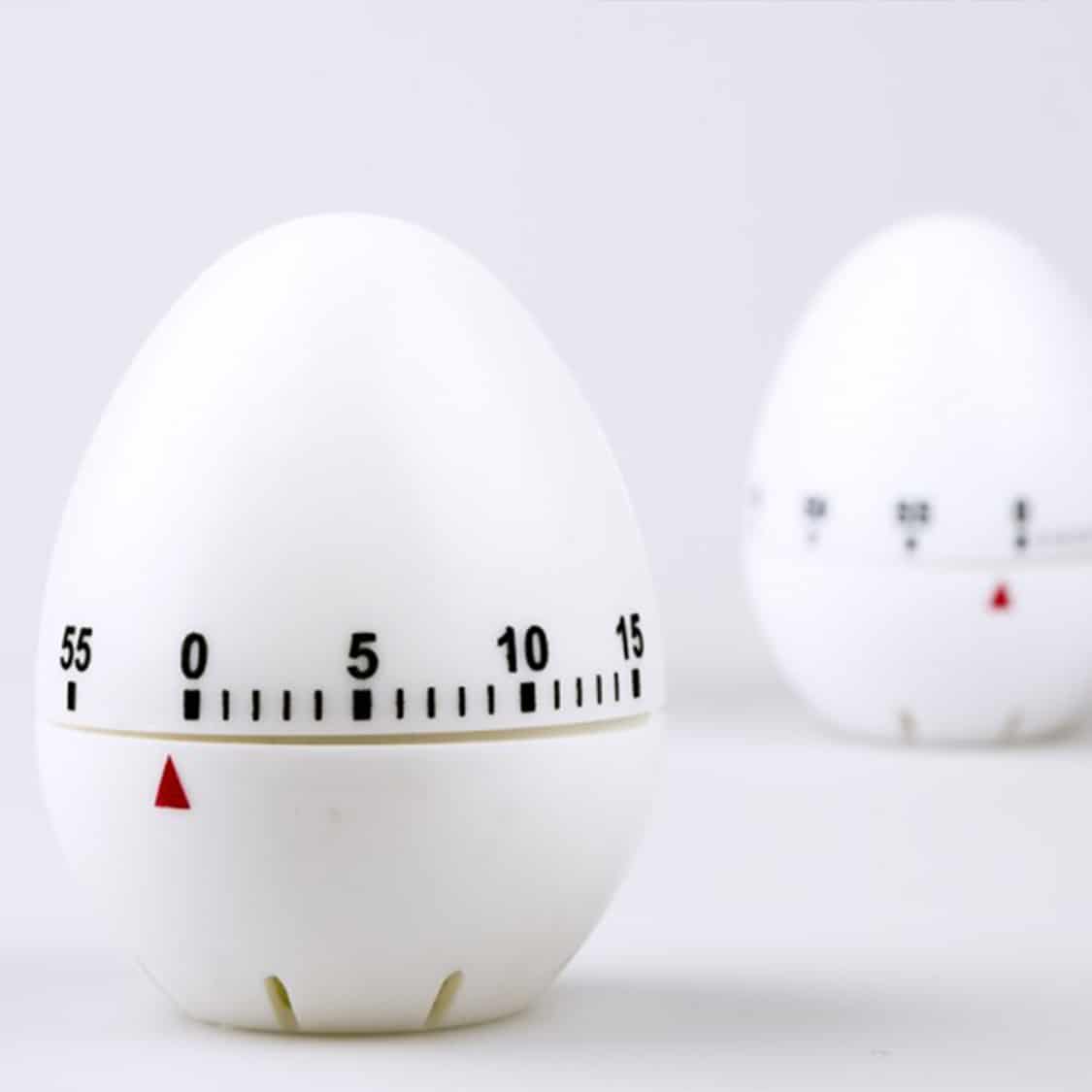Food Safety Tips & Recipe Tricks
Become an eggspert with these tips and tricks, from beating basics to how to tell when your eggs are done.
When & Why to Use Room Temperature Eggs
When & Why to Use Room Temperature Eggs Some recipes specify that the eggs or egg whites be at room temperature when added. However, for recipes that don’t specify room temperature eggs, use eggs straight from the refrigerator. In the case of cheesecakes and other batters with a high fat content, adding cold eggs could […]
Can You Freeze Eggs?
Can I Freeze Eggs? If you have more eggs than you can use within a few weeks of buying them, you can break them out of their shells and freeze them. Freeze only clean, fresh eggs. WHITES Break and separate the eggs, one at a time, making sure that no yolk gets in the whites. […]
Can I Eat Raw Cookie Dough?
Can I Eat Raw Cookie Dough? Although a recent study has shown that the culprit in raw cookie dough Salmonella cases is the raw flour (and not the pasteurized eggs), you should not eat raw cookie dough, or any other raw product that’s intended to be baked or cooked before consumption.
How Do You Fold in Egg Whites?
How to Fold in Egg Whites Combining heavier mixtures with beaten egg whites can knock the air out of them. To prevent this, before folding egg whites, begin by pouring the egg yolk mixture over the beaten whites, not vice versa. Then gradually combine the mixtures by folding, rather than stirring. Using a rubber spatula, […]
What Is Tempering?
What is Tempering? The technique used to blend uncooked eggs into hot mixtures. To temper, beat eggs and stir in a little of the hot mixture to warm (temper) the eggs. Then stir the warmed eggs into the remaining hot mixture. Tempering helps to prevent the eggs from curdling.
Difference Between Large vs. X-Large Eggs?
Difference Between Large vs. X-Large Eggs For eggs that are scrambled, fried, poached, etc., any size eggs will work. For most other recipes and especially baked items, size is important. The Large egg is the standard most often used and using a different size, without making an adjustment can affect texture, flavor balance and consistency. […]
What do the Dates on Egg Cartons Mean?
What Do Dates On Egg Cartons Mean? Dates on egg cartons and all other food packaging reflect food quality, not food safety. A “Sell By” or “Expiration Date” ensures eggs aren’t kept on shelves past a certain date. However, eggs can be safely eaten 2-3 weeks beyond the expiration date or sell by date.
What’s the Difference Between Brown & White Eggs?
What’s the Difference Between Brown & White Eggs The color of the egg shell or yolk has nothing to do with the egg’s nutritional value, quality or flavor. Hens with white feathers and white ear lobes lay white eggs; hens with red feathers and red ear lobes lay brown eggs.
Egg Size Conversion Chart and Tips
Egg Size Conversion Chart & Tips Egg size charts and equivalents can be important in making egg dishes. For basic egg preparation, such as scrambled, fried, poached, etc., any size eggs will work. For most other recipes, and especially for baked items, egg size is important. The Large egg is the standard used in most […]
How Long Do Eggs Last?
How Long Do Eggs Last How long can you keep eggs” is the question people always ask. Eggs are perishable and must be stored in the refrigerator or freezer. Many factors can affect how long eggs last. When properly handled and stored, eggs rarely spoil. However, if you keep them too long, they are likely […]
Egg Safety: To Pierce Or Not Before Boiling
Egg Safety: To Pierce Or Not Before Boiling Some people pierce the raw egg shell before hard-boiling to make it easier to peel when cooked. Piercing egg shells before cooking is not recommended. If not sterile, the piercer or needle can introduce bacteria into the egg. Also, piercing creates hairline cracks in the shell, through […]
Microwave Wisdom: Why Not to Microwave Eggs in Shells
Microwave Wisdom: Why Not to Microwave Eggs in Shells You must break the eggs out of their shells before microwaving. Never microwave eggs in shells. If you cook an egg in shell in the microwave, it’s likely to explode. Microwaves heat so quickly that steam builds up faster than an egg can ‘exhale’ it through […]
Cooking Eggs: Freshness Matters
Cooking Eggs: Freshness Matters As an egg ages, the white becomes thinner, the yolk becomes flatter and the yolk membrane becomes weaker, making it more likely to break. These changes don’t affect the egg nutritionally or functionally but the freshness of an egg does affect its appearance. For attractive poached or fried eggs, the fresher […]
Why Do Eggs Turn Green When Cooked?
Why do Eggs Turn Green When Cooked? Why do Scrambled Eggs Turn Green In a Cast Iron Skillet? This harmless but unappealing color change is the result of a chemical reaction between iron in the pan and sulfur in egg whites. Why do Boiled Eggs Turn Green? The discoloration that sometimes forms around the yolk of […]
How to Beat Egg Whites
How to Beat Egg Whites Beating eggs is a basic baking skill. Find tips on how to beat egg whites and facts for cooking eggs from the Incredible Egg. Equipment Bowl size (and shape) matters. For proper aeration, a small mixer bowl is best for up to 3 egg whites. Use a large mixer bowl […]
How Long Can You Store Eggs?
How Long Can I Store Eggs? Refrigerate eggs at 40°F or less. Store them in their original carton on an inside shelf. The carton keeps the eggs from picking up odors or flavors from other foods and helps prevent moisture loss. Reference this handy chart for more egg storage tips. Eggs Refrigerator (35°F to 40°F) […]
Egg Doneness Indicators and Cooking Time
Egg Doneness Indicators and Cooking Time How can you tell when your eggs are done? Cook egg dishes according to the following guidelines for egg cooking time and indicators of doneness. Scrambled Eggs, Omelets, Frittatas The scrambled eggs are done when they are thickened and no visible liquid egg remains. Fried Eggs – Over-Easy, Over-Hard […]

